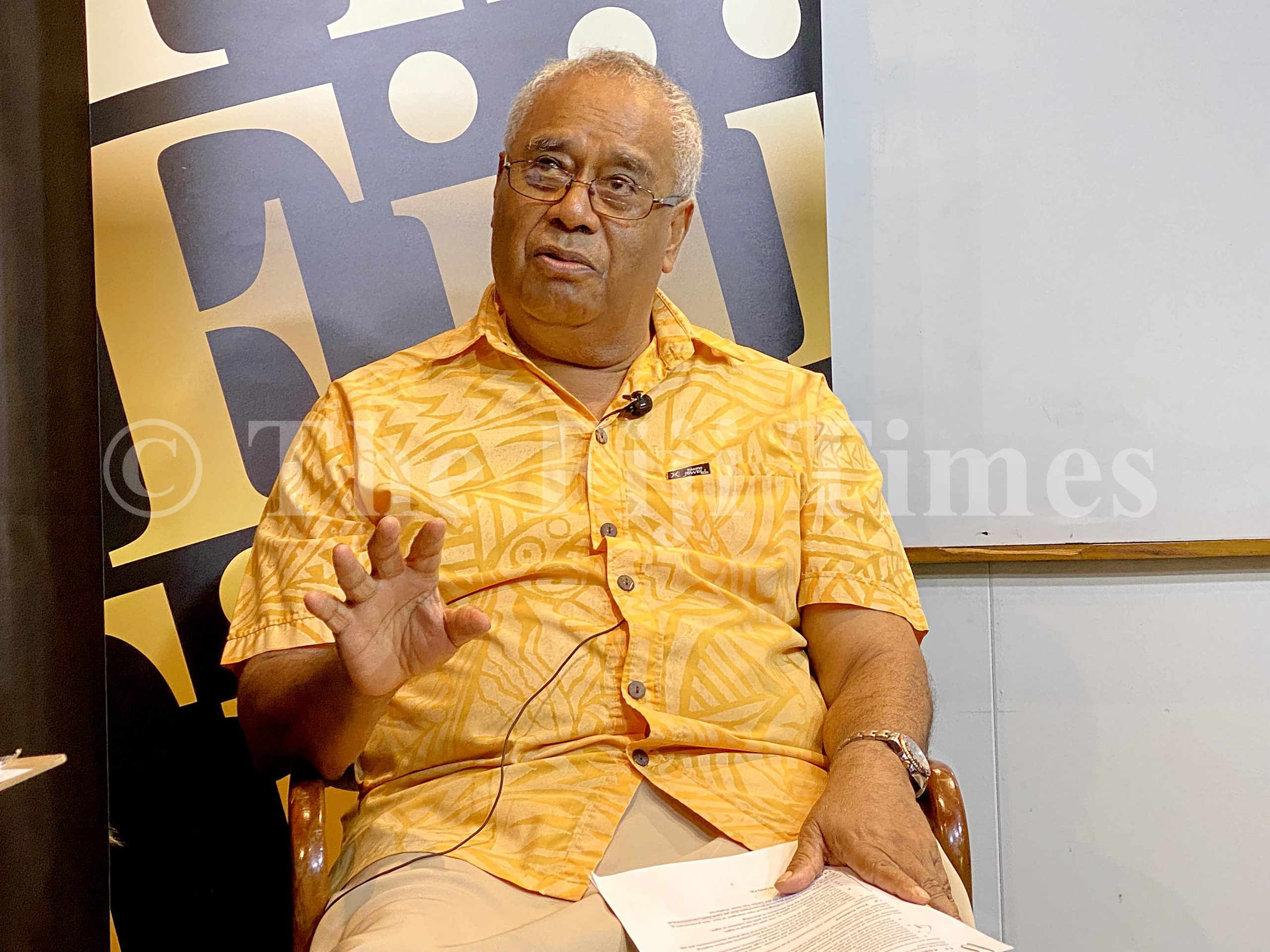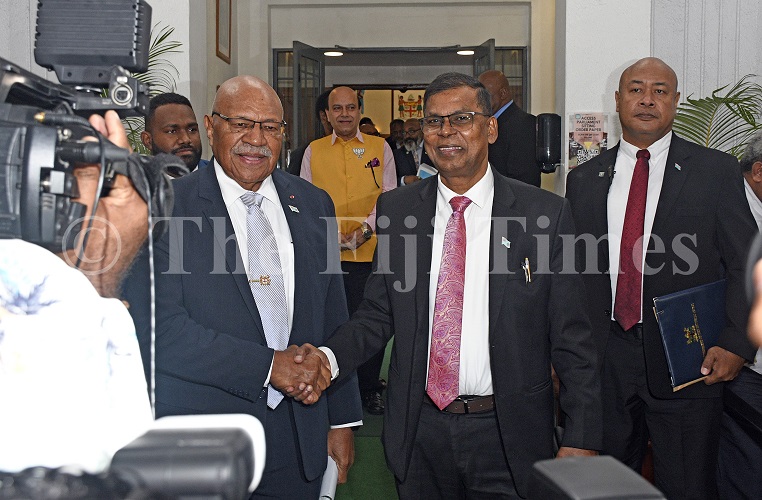Bureau of Meteorology chief executive Andrew Johnson has copped a spray from Senator Malcolm Roberts over “faulty forecasts” after the politician said another forecaster with a $20 calculator made more accurate weather predictions.
In an estimates hearing on Wednesday night, Senator Roberts accused the bureau of repeatedly getting the weather wrong, which had cost farmers and investors.
He said long-term weather forecaster David Barton used sun spots and planetary cycles to correctly forecast decades in advance.
“He has a track record of investors that invest as a result of his successful forecasts,” he said.
“He posted 12 months ago that the good rains would start after November 20, there was no El Nino and cyclones were likely.
“David Burton has no computer models and uses a $20 calculator because he understand the cycles.
“He got the weather right and you got it wrong.”
The Senator said the bureau’s “faulty forecasts” caused farmers to offload cattle and the cattle price tumbled, asking Dr Johnson if he accepted responsibility of loss to the Australian financial capital market.
“Graziers sold stock because they feared overstocking in the looming dry,” he said.
Dr Johnson rejected the premise of the Senator’s questions, saying their forecasts were “remarkably accurate”.
“We were very clear as the year progressed that we were moving out of a dry and warming trend into a moistening trend,” he said.
“We were also very clear in our messaging that irrespective of Enso status and the season forecast we know that in Northern Australia particularly, there is always the risk of severe weather, cyclones, floods and any climatic situations.”
Dr Johnson said millions of Australians relied on the bureau’s forecasts everyday, including farmers and business people.
“We run our forecasts every week and regularly updated our outlooks, which proved to be very accurate,” he said.
“If there is one thing this country has taught us is that severe weather can occur at any time. We were very clear in our messaging, Senator.”
He said primary producers were influenced by a range of factors, which included advice and outlooks from the bureau that contributed to their decision-making.
“There are a whole range of other things that they take into account in making decisions to sell their cattle,” he said.
“So the notion that the bureau declaring an El Nino on September 18 can explain an 80 per cent drop in cattle prices from January 22 to October 23 is just nonsense, frankly.”





